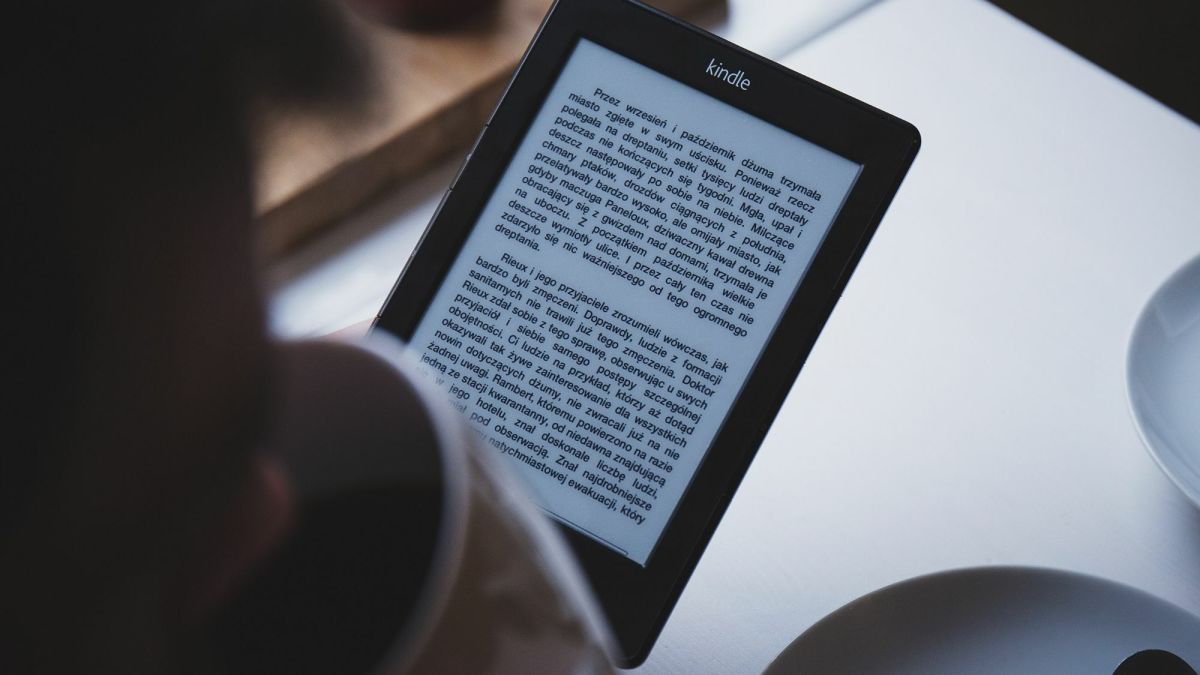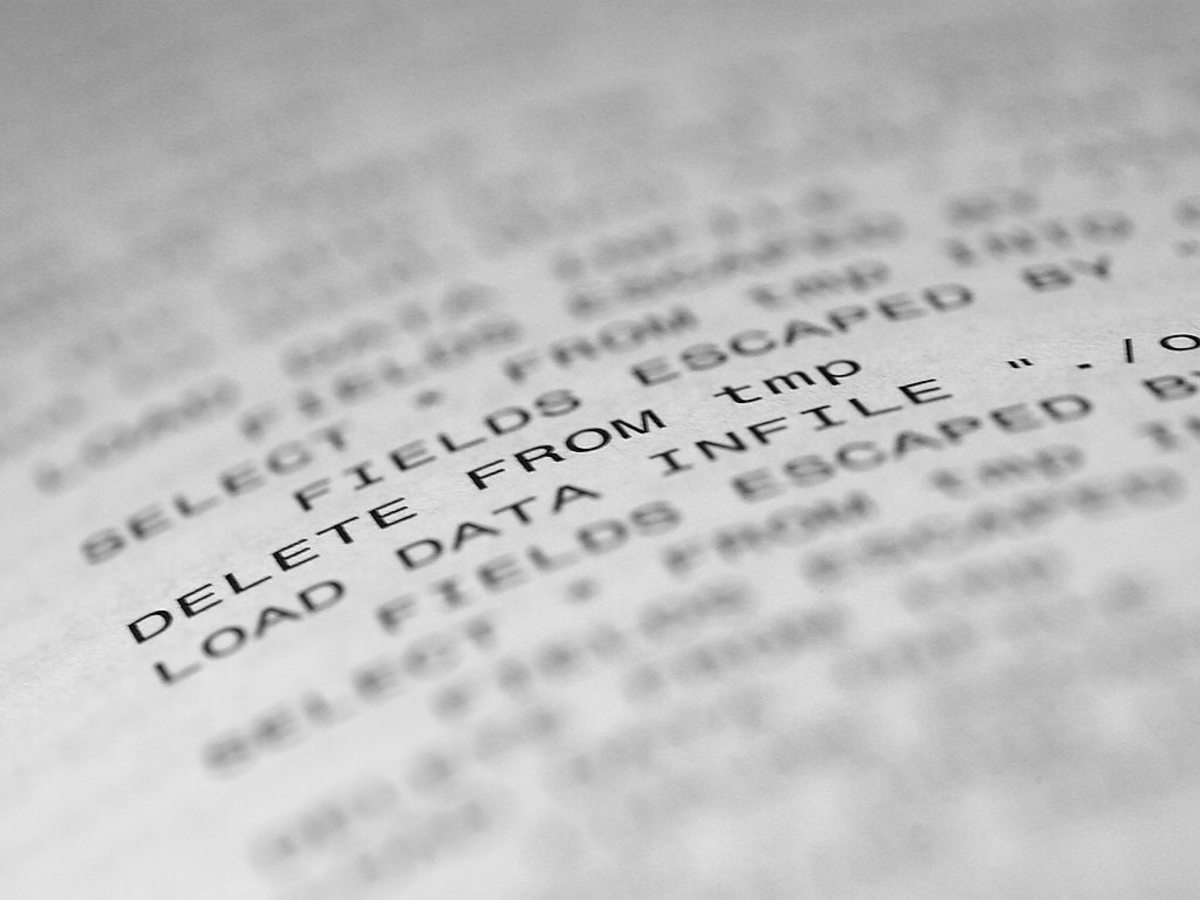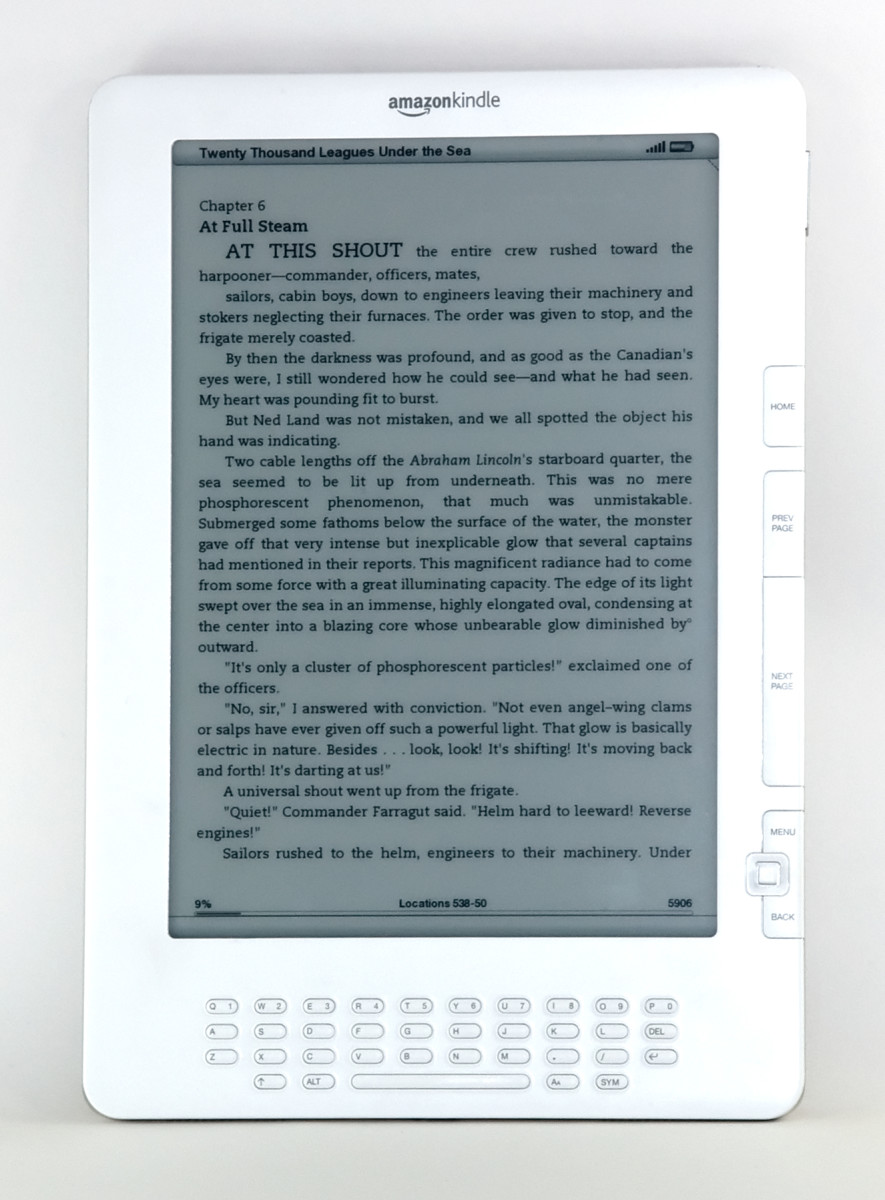Should You Read Ebooks or Hardcopy?
Reading in the Age of Technology
Reading has come a long way since the days of quill pens and reading by firelight. Once only available to the elite and well educated, books are now readily available to anyone who can read, whether it be from your local library, bookstore, or online shop of choice. There are so many genres to choose from - there is classic fiction, Young adult fiction, non-fiction, how-to's, biographies, and so much more. It's incredible the amount of information we have access to, and we are living in a fantastic time in history. However, with the rise of technology, the way we read has changed as well. Over the past few years, e-books are becoming more present in our lives. Some people use the kindle, the nook, and even their cell phones to read entire books without having a physical copy. Some people prefer print, others online. In this article, I'm going to go over some of the pros and cons of both.
Which one is best for travel?
The first situation I'll address is traveling. Depending on where you're going, it will most likely involve several hours if not days of car or plane trips, as well as hotel, stays. Ipads and iPods are great for keeping you entertained, but if you're anything like me you also need a good story to get you through both exciting and exhausting hours of travel. I've found that e-books are great for this! First, they are very portable. You can fit dozens if not hundreds (if you wanted) on a given device. As long as you have a way to keep your kindle or phone charged, you are good to go the whole trip. You don't have to worry about losing hard copies or spilling your coffee on your favorite books. Next, they're very cheap, and your library most likely as an online lending program, like OneDrive. Physical books work for sure, but they take up more room and are easier to lose. For me, e-books are the most practical choice for traveling situations.
Which option works for school?
I've found that this one is trickier. I'm currently a college Junior and have used both print and digital books for my classes. Theoretically, both work. However, I've found that the physical edition helps me focus more and is easier to flip through in class. I like being able to physically annotate the pages and be able to make notes in the margins. There's something about being able to hold the book in my hand that I prefer as well. But, most high school and college students don't have the money for a physical text-book. Even school rental programs tend to have high prices, and that isn't realistic for most people. I've found the cost of e-books to be a massive plus for my budget. For several of my classes, when I have the option to, I get the kindle version because it's so much cheaper. The good thing is, I'm still able to annotate and take notes. There is a dictionary feature as well, where you can find the definition of a word or phrase if you click on the word. A minus is that it distracts me more. I find myself internet searching rather than reading. But this is a personal issue, and if you can stay focused, that shouldn't be an issue. Another benefit is that e-books help take the weight off your back, literally. Students backpacks are notoriously heavy, and it can sometimes feel like you are carrying the weight of the world on your shoulders. Ok, it's not that bad, but it's ebooks lighten your load. You can fit multiple books on one device, and save backpack space for what you need. In the end, there isn't one right answer. If you are on a tight budget and your teacher allows it, go for the ebook if it's available. If you are easily distracted and prefer print, go for it. It comes down to personal preference.
What about reading for fun?
Sometimes you want to sit with a nice cup of coffee and enjoy a good book. Again, it depends on your personal preference, but I prefer physical books for my leisure reading time. One, I like to unplug from technology and become immersed in the pages and the story. It's nice to be able to read as long as I want without worrying about the battery running out. I also prefer print because it strains my eyes less, and to be honest, I love the smell of a book and being able to turn the pages. But both ebooks and hardcopies work for reading for fun. Try both, and see which you like better!








